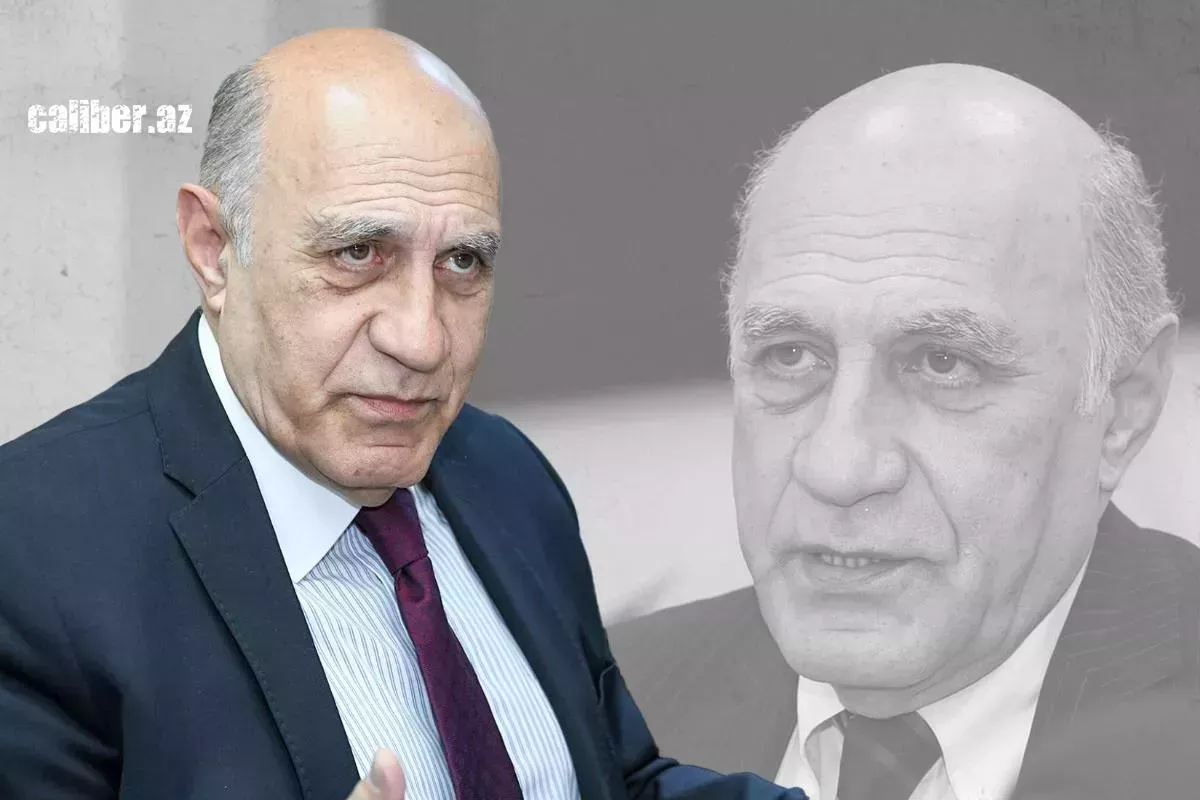Trump’s priorities and Armenia’s place on US agenda Experts on the Washington-Yerevan “strategic partnership”
On January 14, Armenian Foreign Minister Ararat Mirzoyan and US Secretary of State Antony Blinken signed a document on the strategic partnership between the two countries in Washington. Interestingly, just last week, the US State Department, commenting on the statements of Armenia’s Foreign Minister, noted that Washington "currently has nothing to consider or announce" regarding the signing of this document.
So, what does this mean? What suddenly changed for the US? Could Washington have decided to make a "gift" to the South Caucasus from the outgoing administration? What are the possible consequences of this event for the region? How will it affect Armenia's relations with its neighbours? For example, Yerevan and Tehran have always emphasized the close nature of their relationship, but what can be expected from the Armenian-Iranian partnership now, after signing this document with Iran's worst enemy?
Caliber.Az spoke with renowned experts about their views on this situation.
Russian political analyst and chief editor of the "Poistine" portal, Ruslan Aysin, highlighted the significance of the upcoming signing of a strategic document on cooperation and mutual support between Iran and Russia, scheduled for January 20.

"It implies a new phase in the relationship between Moscow and Tehran. In fact, Tehran has already repeatedly told Armenia that it will not tolerate the strengthening of the Western vector in Armenia's foreign policy. And Russia, of course, will not be satisfied with this either and will take some action. Azerbaijan also cannot remain indifferent to Armenia's efforts to attract its Western partners and backers to exert pressure primarily on Baku, because Yerevan is unlikely to be able to confront Moscow and Tehran, but demonstrating hostility towards Azerbaijan is something Pashinyan and his administration are perfectly capable of doing, especially since revisionist sentiments are still alive in Armenian society and among the Armenian political class, and they have not gone away," said the commentator.
Another point is that Trump may, if not veto this document, simply ignore it, because he will be busy with other problems, he adds.
"First and foremost, his agenda focuses on Greenland, Canada, and, more broadly, the strengthening and expansion of the United States as an overseas, Atlantic power. The strategic goal, of course, is to counter China. Ukraine, in this context, doesn't even make the list of priority tasks for the Trump administration. For them, it’s a secondary issue. As for Armenia, it probably ranks around 37th on the list.
However, officially, Yerevan will undoubtedly try to puff out its chest, claiming that the entire United States, the superpower, is now their strategic partner. I would describe this as 'a lot of effort for little reward,'" Aysin concluded.

As political analyst and professor at the Western Caspian University, Fikrat Sadikhov, pointed out, if this comes as a surprise to the Armenian diaspora in the United States, it is somewhat delayed, given that the agreement is being signed just before the inauguration of a new Republican president.
"And how he will react to it, whether he will approve this agreement, and whether it will become a reality, is still unknown.
There is another reason that allows us to predict the further course of events. According to various sources, including foreign ones, this Washington agreement does not provide for direct military assistance or intervention in the conflict between Armenia and any other country. It will only concern military-technical cooperation, efforts to reform the Armenian army, and economic aid to the country's armed forces.
In this regard, several aspects emerge. First, it will be interesting to see how Tehran will react to such a rapprochement with Washington and the legal consolidation of military cooperation between the two countries. It would be very interesting to know Tehran's position on this matter.
Another question is how Yerevan, as a member of the CSTO, which is effectively in hostile relations with NATO, signs an agreement with Washington, the main military-political player in this bloc," the professor wonders.
According to him, the position of official Washington is also quite interesting in this context.
"The political, democratic regime that offered us a platform for negotiations, the role of mediator, various mediation efforts, and invited us to Washington, suddenly makes a sharp turn towards Armenia and effectively disavows everything it has said so far.
He has essentially put an end to all the promises and lofty speeches about mediation and peace in the South Caucasus and is actually taking steps that contradict not only common sense and international law but also the current situation in the South Caucasus region.
I think there is no one to defend Armenia today. If Washington is taking such a step, it is related to Moscow's policy in the region and an attempt to remove it from the South Caucasus. But that is another issue.
In essence, we are witnessing new forms of double standards that completely contradict Washington's rather eloquent promises about its intentions to allegedly finally establish peace in the South Caucasus," concluded Sadikhov.








